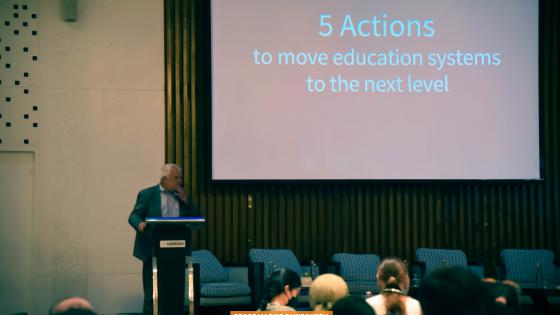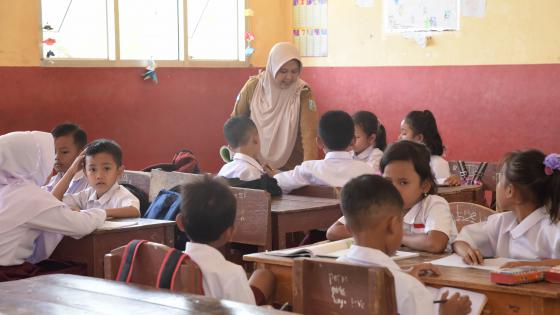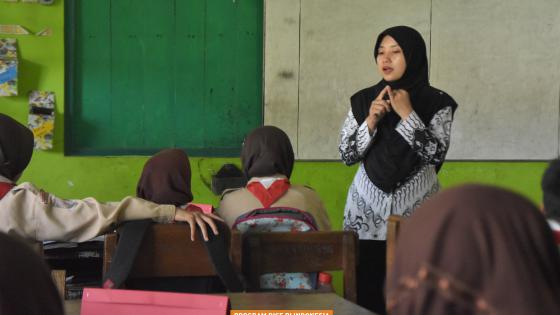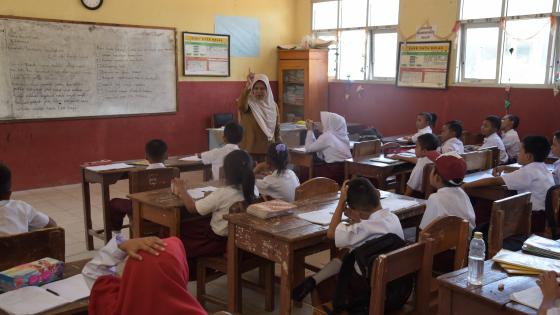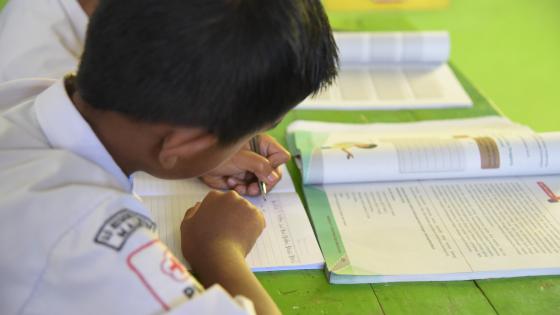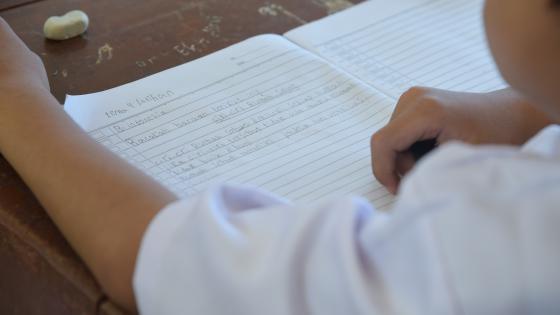Photo illustration: Novita Eka Syaputri
This article is part of the Teachers' Notes series on lessons learned from one year of teaching.
Before working as a teacher, I studied at university and attended a professional education programme. After completing both courses, I keep on learning through my daily teaching practice. I think this never-ending journey is important so that I can be a better teacher in the future.
Confirmation Affirmation
The learning process that I go through was not always related to pedagogy. There was this one incident in which I entered a classroom after physical education (PE) class. Instead of being greeted by the students, I saw them circling a crying student who was lying on the floor.
Let's call the student, A. I approached A and asked him to be calm. A told me that he was punched on the chest by a classmate, whom we will call B. I confirmed the incident to B who immediately confessed that he hit A because A kept disturbing him during PE class.
I explained to B that under no circumstances should there be violence among students. B apologised to A and they made up. A said he suffered no pain in his body and wanted to keep studying. After the class was over, I decided not to tell their parents because I thought the problem was over.
However, at night, A's parents sent me a text about the incident. They said their child's chest was in pain and it was blue. I was shocked because A seemed fine.
The next day, I told the incident between A and B, including the text message to other teachers who had a similar incident before. The teachers told me to keep calm and confirm anything said by A's parents. They reminded me not to take any action without prior confirmation.
I met A and asked him to show the part hit by B. After a closer look, I did not see any bruises, and A said he did not feel pain. I then contacted B's parents and told them about the previous incident between A and B.
Sharing is Caring
The incident made me realise how important it was to consult with fellow teachers when faced with a problem. At school, my colleagues and I often share stories or inputs when a teacher has a problem in class. This habit makes problems lighter and easier to handle.
Besides, many teachers working group activities are held at the school where I work to support learning. We make questions and practice questions for the final semester assessment. I learned how to make questions for final exams and can use the ability one day when needed.
*This Note was written by RO, a primary school teacher in West Java.
**All articles published in the Teachers' Notes are the views of the authors. They have been edited for popular writing purposes and do not represent the views of RISE Programme in Indonesia or RISE's funders.

